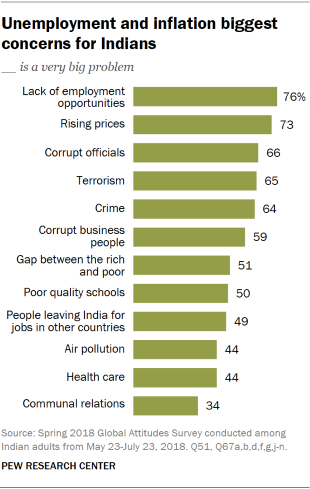President
Macron is losing direction when it comes to France’s domestic politics. I real think
that’s a major issue, both for the French and for all of us, in the EU.
His
press conference of this week was supposed to respond to many months of street
protests led by the Gilets Jaunes and to draw lessons from the national debate
the President had promoted throughout the country on several key topics. Under
the national debate, hundreds of public meetings and town halls had been
organised. Emmanuel Macron himself chaired some of the gatherings.
The
press event has shown that the President has left behind some important
political commitments he had made during the electoral fight. One of the most
important has to do with the reform of the French state administration. The
country needs to adjust the administrative machinery to the new needs of the
citizens and, at the same time, rationalise the costs. The last time France had
a balanced public budget was 45 years ago, in 1974. Since then, the official
administration is living well beyond the means the economy would allow. The
country is deeply in debt. Public debt is today around 2,200 billion Euros.
This is unacceptable and it will have a serious impact on future generations.
Instead of cutting unnecessary expenditures, President Macron announced new
measures that will increase public spending and, sooner or later, will have to
be translated into new taxes.
He
has also been unable to deal with the sustainability of the national pension system. The
French, like all of us, are living longer. But, for demagogic reasons, the pension
age remains at 62. He should have increased that ceiling. In a related matter,
there is a need to review the working week, which is currently capped at 35
hours. This has not been addressed.
President
Macron comes out of all this much weaker. He has not been able to appease the
Gilets Jaunes. And he is now seen by many in France as just another Hollande, a
younger version of the last President. But more arrogant, which is something
that is also bringing him down. His communication style is not the best in terms of connecting with people and the media.
I
really hope he will be able to recover from the current predicament. He has
three more years to go.
